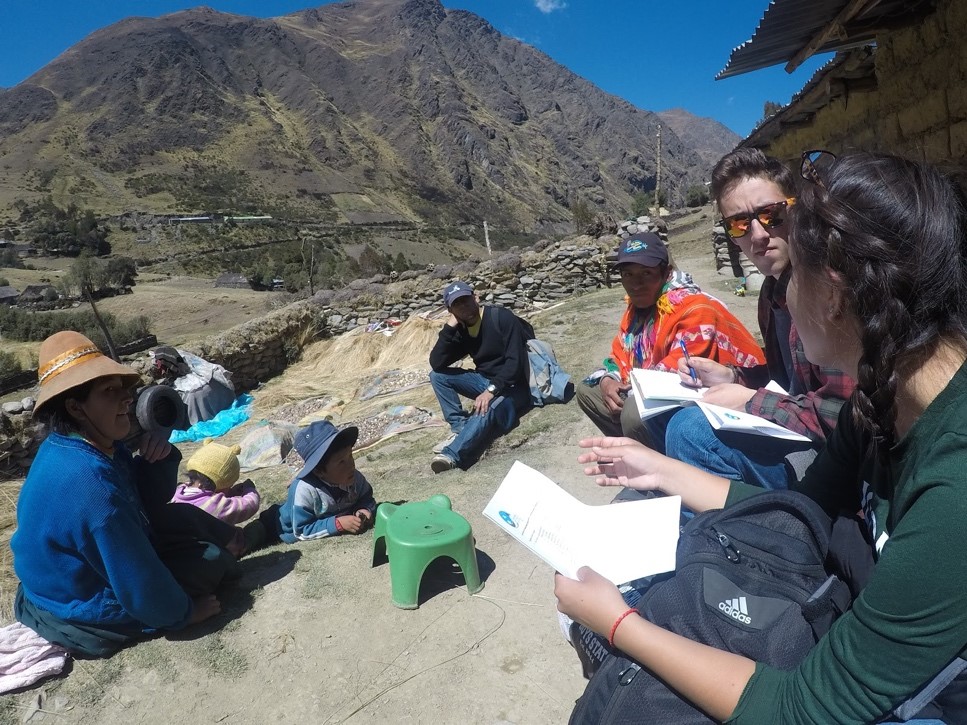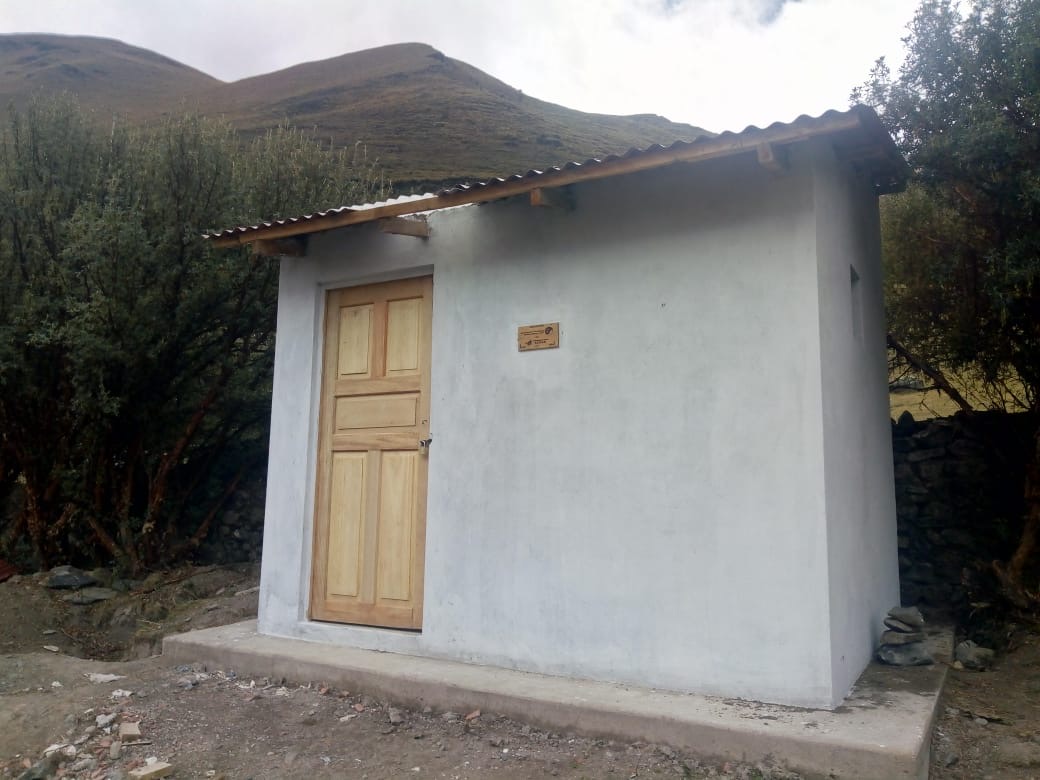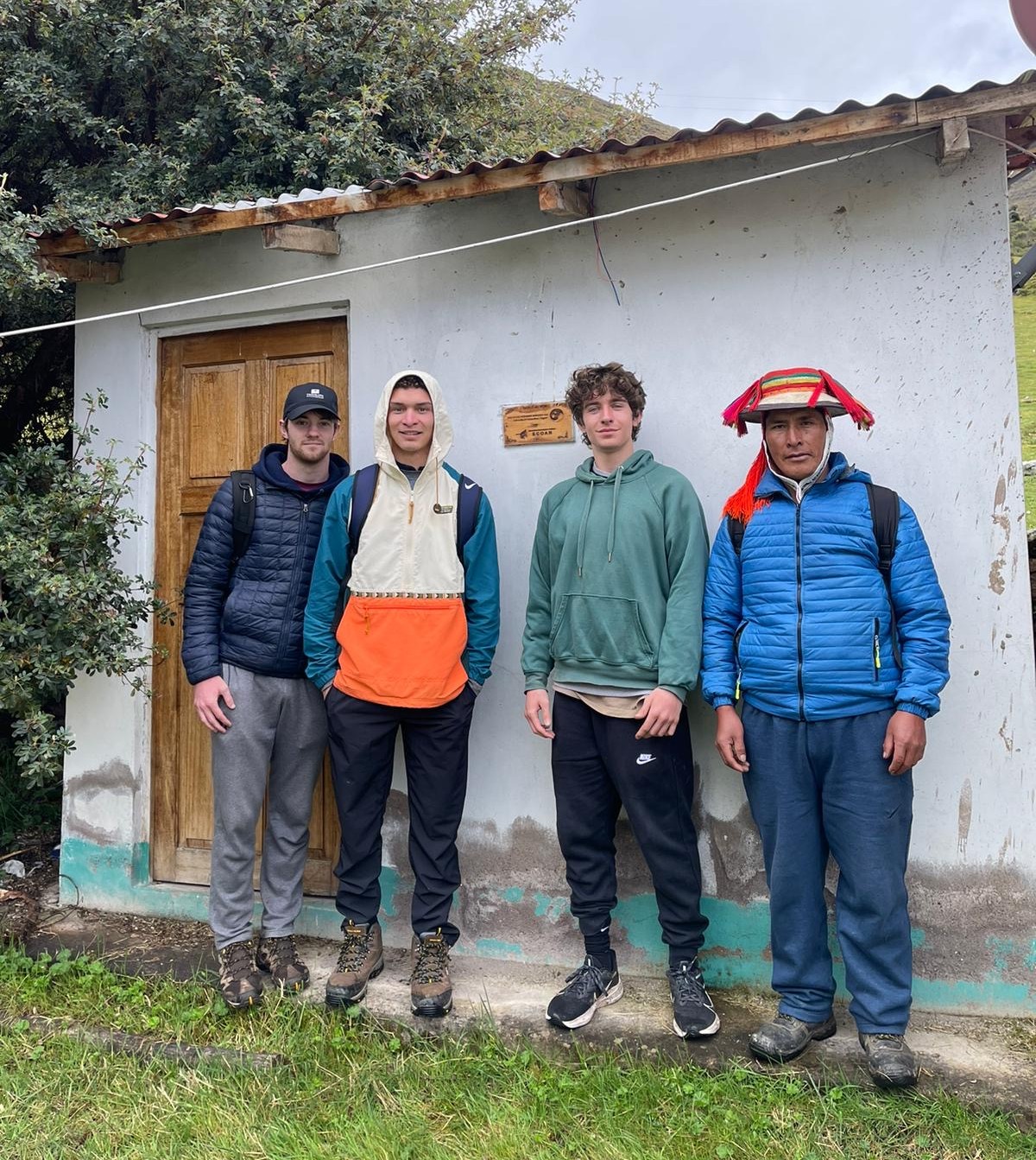Project Timeline
The Peru Program is an international program based in Abra Malága, a rural community in the Peruvian Andes outside of Cusco, Peru. With collaboration from Asociacion Ecosistemas Andinos (ECOAN), the local non-governmental organization, the goal of the project is to improve health issues through the combination of implementing latrines and spreading hygienic practices throughout the community.
Previously, the community had no formal waste management. As a result, the members of the community practice open defecation, which causes bacteria from human feces to contaminate the drinking water supply.
To address this problem, the Peru team is designing low-cost, replicable latrines. To improve the success of the latrines, the team will utilize principles from Community-Led Total Sanitation (CLTS). CLTS is a thoroughly researched topic that has proven effective in changing common behavioral practices. Simply implementing latrines will not change poor sanitation practices, which is why CLTS must be used.
In August 2017, several of the program members were able to travel to the community. Through this assessment trip, the travel team met with ECOAN and the community. The team was able to collect survey data, water quality tests, and create a map of the community. This data will be used to design a latrine that will address the community’s needs.
A second assessment trip was completed in August 2018, and in July of 2019, implementation of the biodigesting-septic latrine design was a success! Four undergraduates and a post-doc built the latrine and its septic system with the help of the community and ECOAN.
The project is continuing to plan for further implementation of more latrines and other projects the community may need this upcoming summer. The primary focus for the next proposed trip in May 2020 is to monitor and evaluate the state of the recently implemented latrine, as well as assess where future latrines should be built. Due to Covid-19, these plans were delayed by a substantial margin.
In the Spring of 2022, members of the program organized a book drive to collect elementary-level books in the Spanish language. These books are to be used to improve literacy rates in the village and should also allow easier access to sanitation education.
Over the Summer of 2024, multiple members traveled to Abra Malága where they worked in monitoring and latrine evaluation. In addition, they also brought book and school supply donations as well as completed community surveys. This concluded the EWB Peru Project!
Summer 2017

Travel team surveying the community members.
Summer 2019

This biodigesting-septic latrine is at the community center; it has sink, toilet and shower fixtures, and has a translucent roof to allow light in.
Summer 2024

EWB worked to monitor and evaluate the latrine.